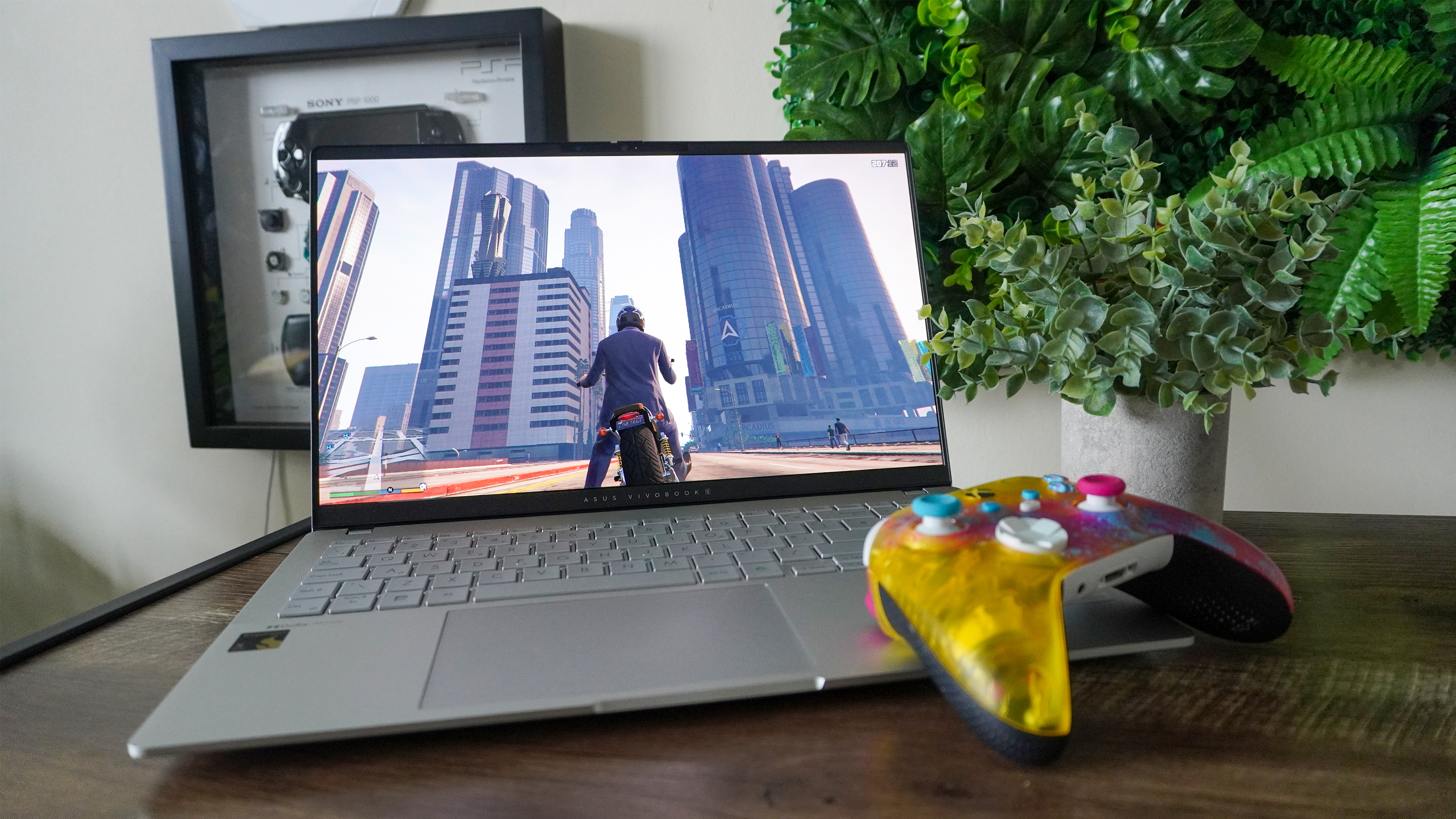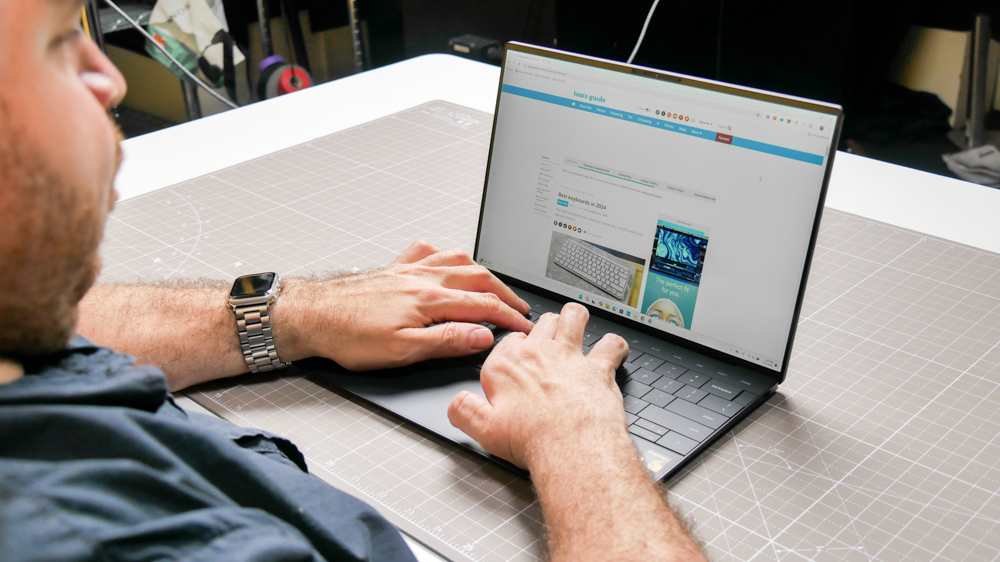
When it comes to Copilot+ PCs, Intel and AMD have fought a good fight. But Qualcomm’s Snapdragon X Elite has brought the most impressive gains to general performance and battery life — to the point that it feels like Microsoft is close to finally nailing that transition from x86 to Arm.
But there is still one big gripe we have with these Arm-powered machines. While some of the biggest apps like Chrome and Photoshop have been rebuilt to support Arm, a lot of x86 software is unreliable at best and just doesn’t work at worst.
However, a big Windows on Arm update is being tested via an Insider Preview Build that drastically improves Microsoft's Prism emulation engine to work with a lot more apps and games.
What’s new?

So, let’s discuss the technical stuff first, and then look at what that means. Currently, Prism emulation for Windows on Arm is limited to certain x86 processor extensions — meaning that only a selection of apps will work.
This has meant that stuff like Adobe’s Premiere Pro just hasn’t worked, leaving users in the lurch while they wait for Adobe to create an Arm version.
With this update, we’re getting support for new extensions like AVX, AVX2, BMI, F16C and FMA. That’s a lot of abbreviations, but what this means is a whole lotta new apps and games are going to work on here. Starfield is built on AVX2 for example — so that should now work on Arm machines.
It is worth noting that while many x86 apps have moved to the newer 64-bit standard, this new emulation update will not allow older 32-bit software to run. That means if you’ve got some legacy apps to run, you'll still be out of luck.
Outlook
What I thought would be Microsoft’s Apple Silicon moment has been a rockier transition than we saw with Macs moving to M-series chips. And that’s understandable, because rather than Cupertino's small set of systems and single chip standard, the Redmond team has an ocean of different laptops and chipsets to adjust for.
The changes coming to Prism are another big step towards fixing that problem for Arm users, and another move towards that transition being completed. The silicon war is beginning to heat up again, and time will tell who comes out on top between x86 and Arm.







